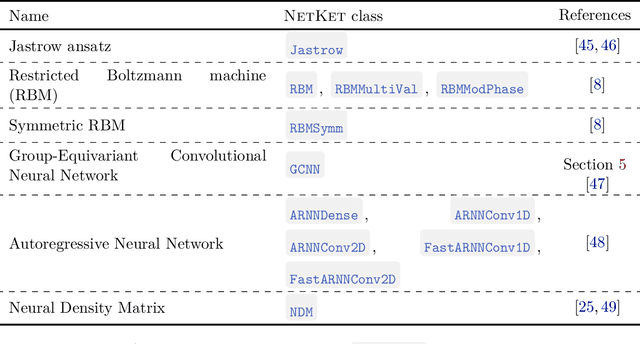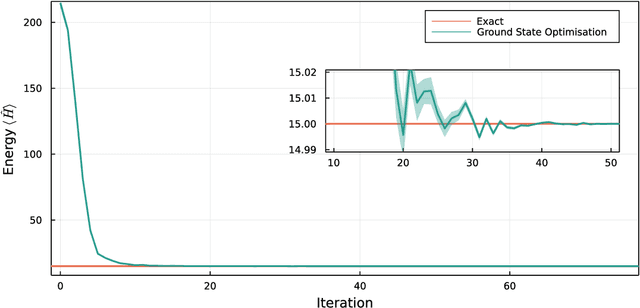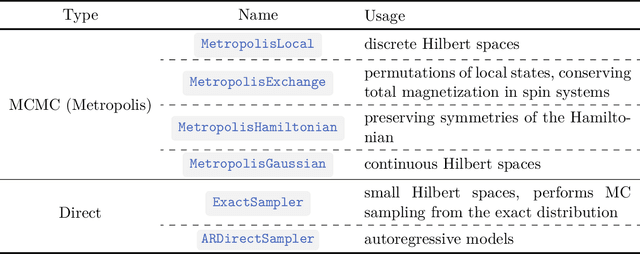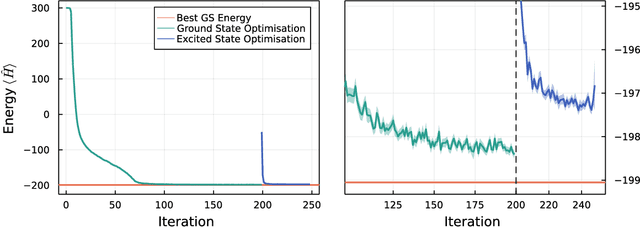Nikita Astrakhantsev
Stable and Semi-stable Sampling Approaches for Continuously Used Samples
Mar 02, 2022



Abstract:Information retrieval systems are usually measured by labeling the relevance of results corresponding to a sample of user queries. In practical search engines, such measurement needs to be performed continuously, such as daily or weekly. This creates a trade-off between (a) representativeness of query sample to current query traffic of the product; (b) labeling cost: if we keep the same query sample, results would be similar allowing us to reuse their labels; and (c) overfitting caused by continuous usage of same query sample. In this paper we explicitly formulate this tradeoff, propose two new variants -- Stable and Semi-stable -- to simple and weighted random sampling and show that they outperform existing approaches for the continuous usage settings, including monitoring/debugging search engine or comparing ranker candidates.
NetKet 3: Machine Learning Toolbox for Many-Body Quantum Systems
Dec 20, 2021



Abstract:We introduce version 3 of NetKet, the machine learning toolbox for many-body quantum physics. NetKet is built around neural-network quantum states and provides efficient algorithms for their evaluation and optimization. This new version is built on top of JAX, a differentiable programming and accelerated linear algebra framework for the Python programming language. The most significant new feature is the possibility to define arbitrary neural network ans\"atze in pure Python code using the concise notation of machine-learning frameworks, which allows for just-in-time compilation as well as the implicit generation of gradients thanks to automatic differentiation. NetKet 3 also comes with support for GPU and TPU accelerators, advanced support for discrete symmetry groups, chunking to scale up to thousands of degrees of freedom, drivers for quantum dynamics applications, and improved modularity, allowing users to use only parts of the toolbox as a foundation for their own code.
 Add to Chrome
Add to Chrome Add to Firefox
Add to Firefox Add to Edge
Add to Edge